Preterm birth is “a journey that lasts long after leaving the hospital”
How can we reduce risks and support preterm babies and their families to thrive?
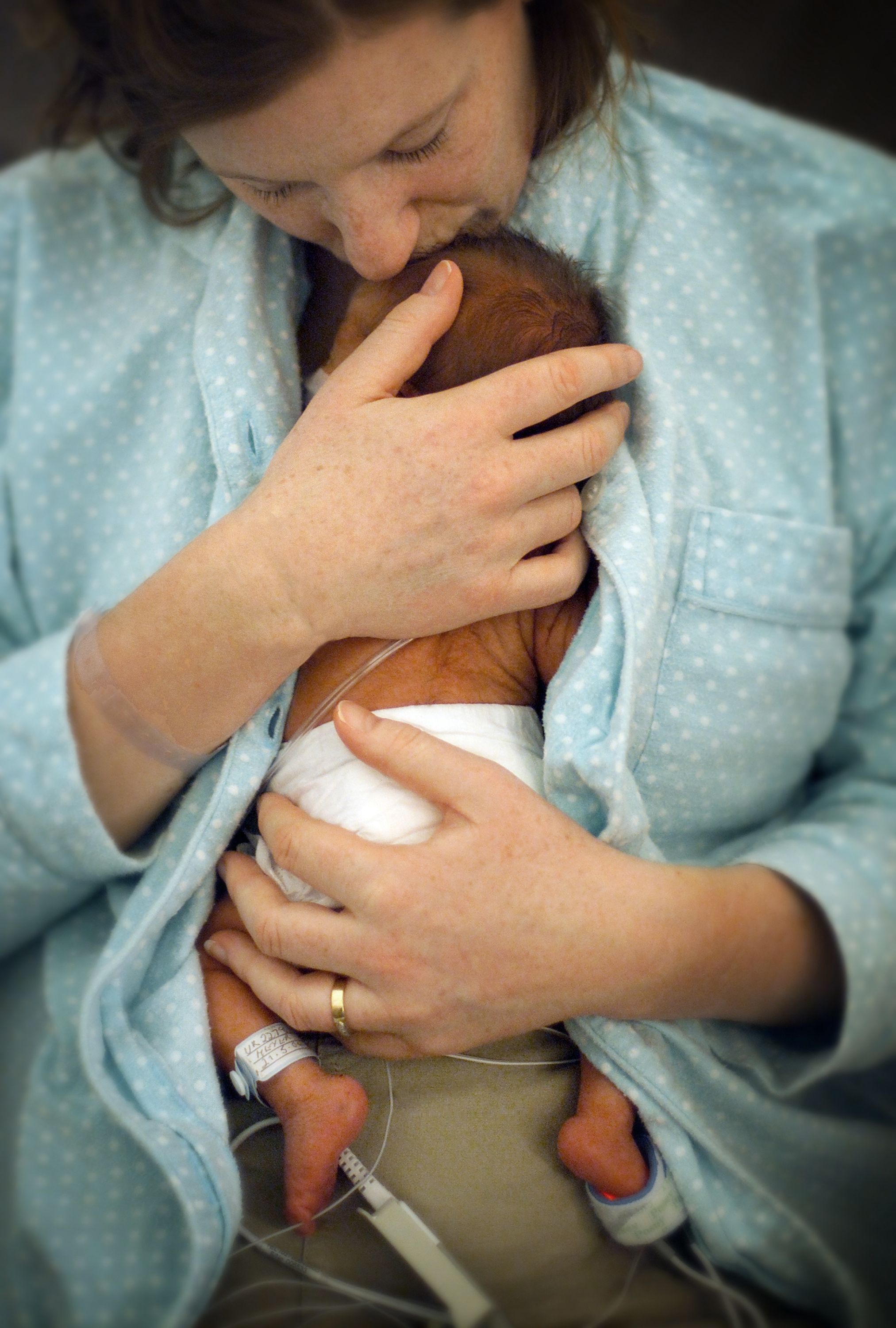
Preterm birth refers to when a baby is born before 37 weeks of pregnancy. It can have a significant, and sometimes lifelong, impact on children and their families.
Being born early increases a child’s likelihood of having long-term health conditions, as well as communication difficulties, autism and special educational needs.
Preterm birth is the leading cause of neonatal mortality, and nearly 50% of all childhood deaths below 10 years of age are caused by preterm birth.
Following a preterm birth, some parents spend weeks or months caring for their baby in a specialist neonatal unit. This experience can have a profound psychological impact, which may not be fully evident until long after discharge home.
Parents also often face practical and financial challenges at this time, which can persist as children grow up and prepare to start school.
There is a clear need for a co-ordinated effort to reduce the impact of preterm birth.
As well as improving outcomes for babies and their families, economic analysis suggests that this could lead to cost savings across healthcare and education services of over £1.4 billion per year.
Here are four key areas that need to be addressed.
1. Revising the national maternity safety ambition
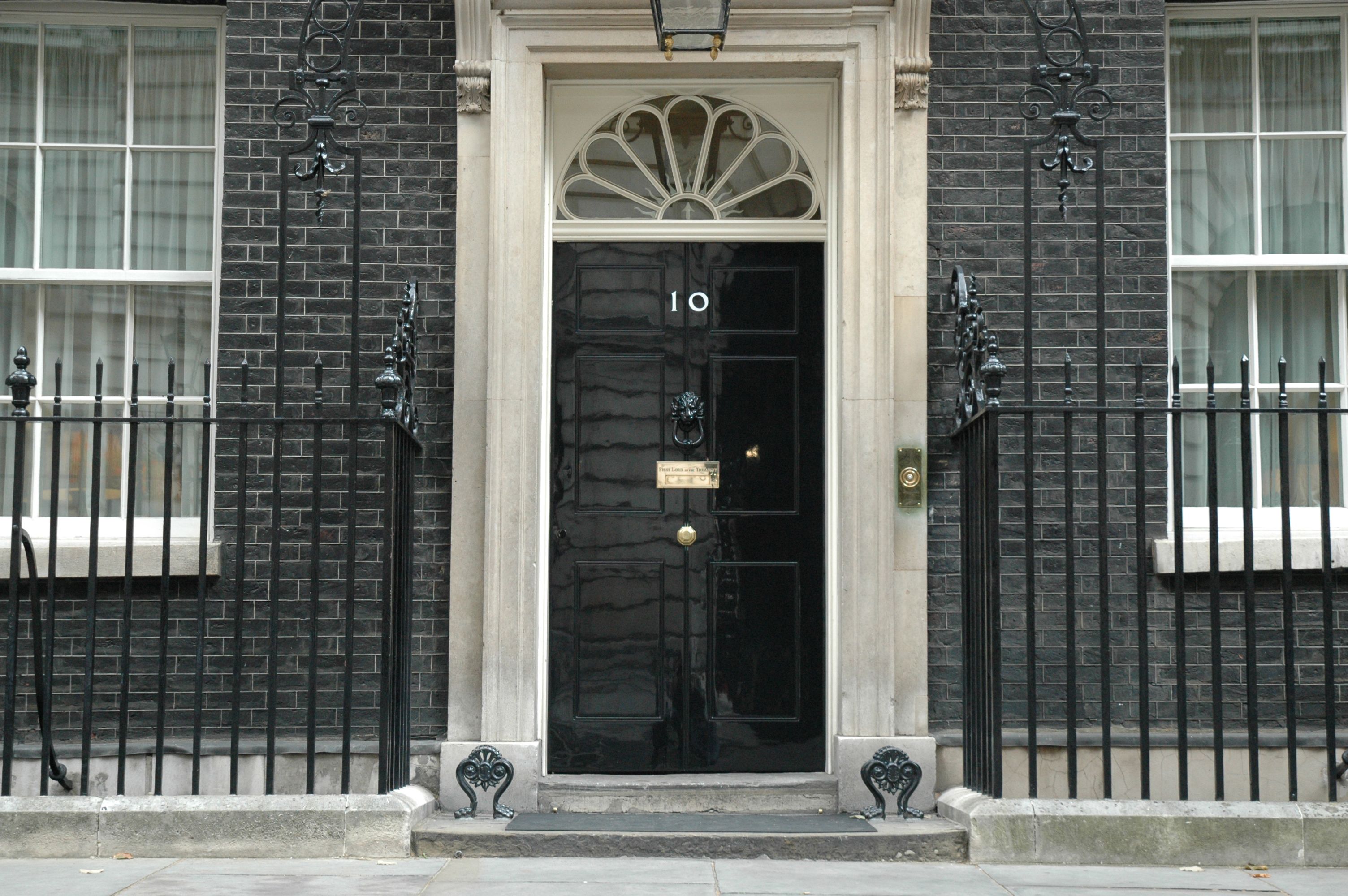
In 2017, the Government announced an ambition to reduce the rate of preterm birth in England from 8% to 6% by 2025.
We heard, however, that this target will not be met. According to the latest available figures from the Office for National Statistics, the rate in 2022 was 7.9%. That represents more than 45,000 births.
Witnesses in our inquiry argued that the ambition fails to recognise the complexity of preterm birth and the different reasons why babies are delivered early.
Many also expressed concern about the disparities in preterm birth rates and outcomes between different socioeconomic and ethnic groups.
We were told, for example, that the preterm birth rate among Black babies has remained consistently higher than that of all other ethnic groups since 2010.
“I see that this ambition is not going to be met. I understand that it has provided a focus, but a focus is not only what we need; we need to achieve.”
The Government should set out its plans to revise the current national maternity safety ambition, focusing particularly on targets that will support efforts to reduce the incidence and impact of preterm birth.
2. Improving preterm birth prevention
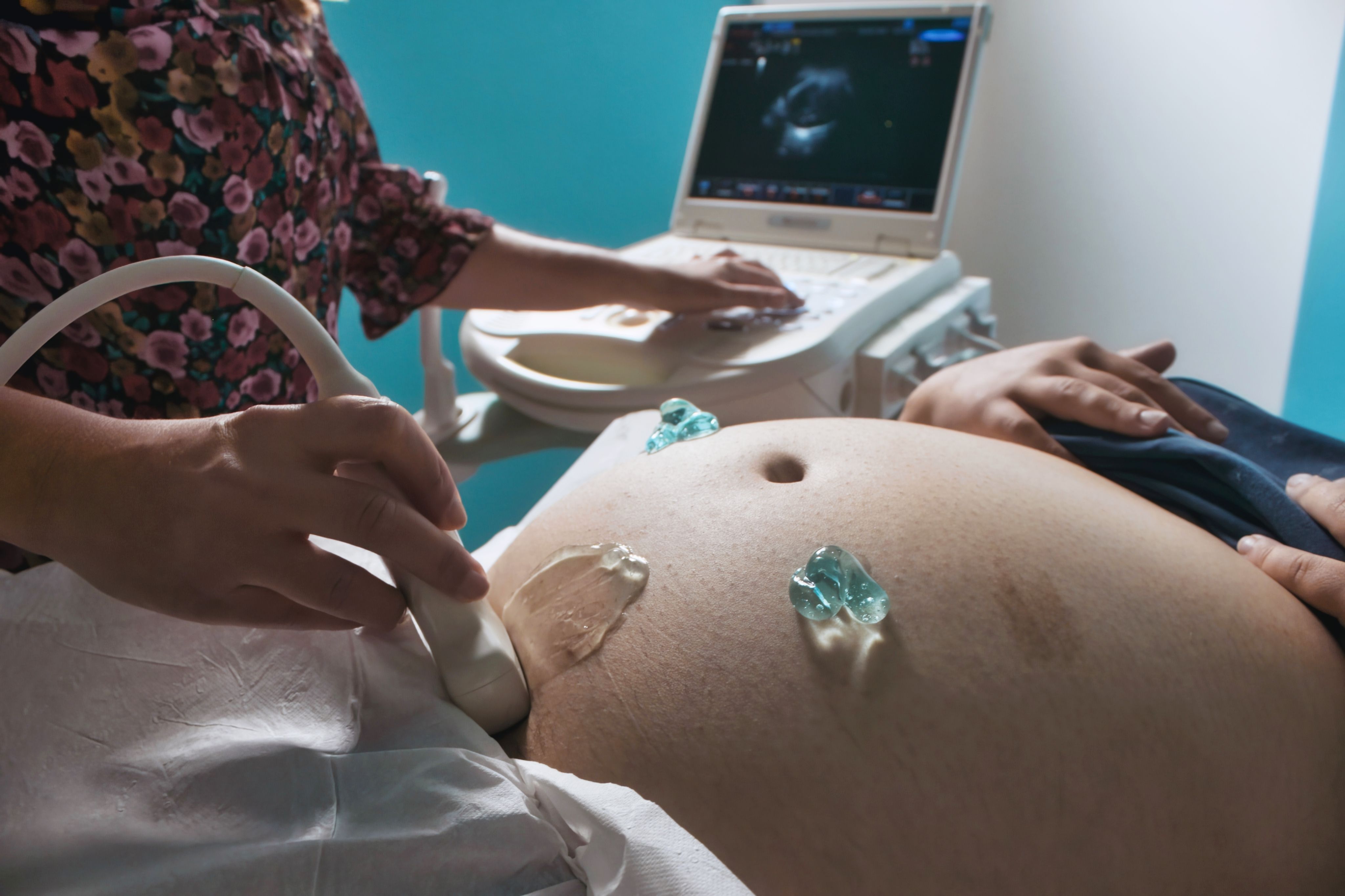
The prediction and prevention of preterm birth is made more challenging due to the wide range of factors that contribute to a woman’s individual level of risk.
In many cases, women who go on to give birth preterm have no apparent risk factors.
Witnesses were clear that more research is needed to enable us to better identify the women at greatest risk, and to improve the targeting and effectiveness of preventive treatments.
Indeed, leading academics told us that there needs to be a greater focus on, and increased funding for, research across all aspects of preterm birth.
“We are not going to prevent preterm births solely by actions focused on maternity services.”
We also heard that optimising women’s health prior to pregnancy is an important part of preterm birth prevention. This includes addressing social deprivation and potential risk factors such as smoking, obesity, and poor mental health.
The Government should outline how, as part of its strategy for women's health, it will ensure that all women have access to information and advice on pregnancy planning and preconception health at an appropriate time.
3. Reducing variation in care
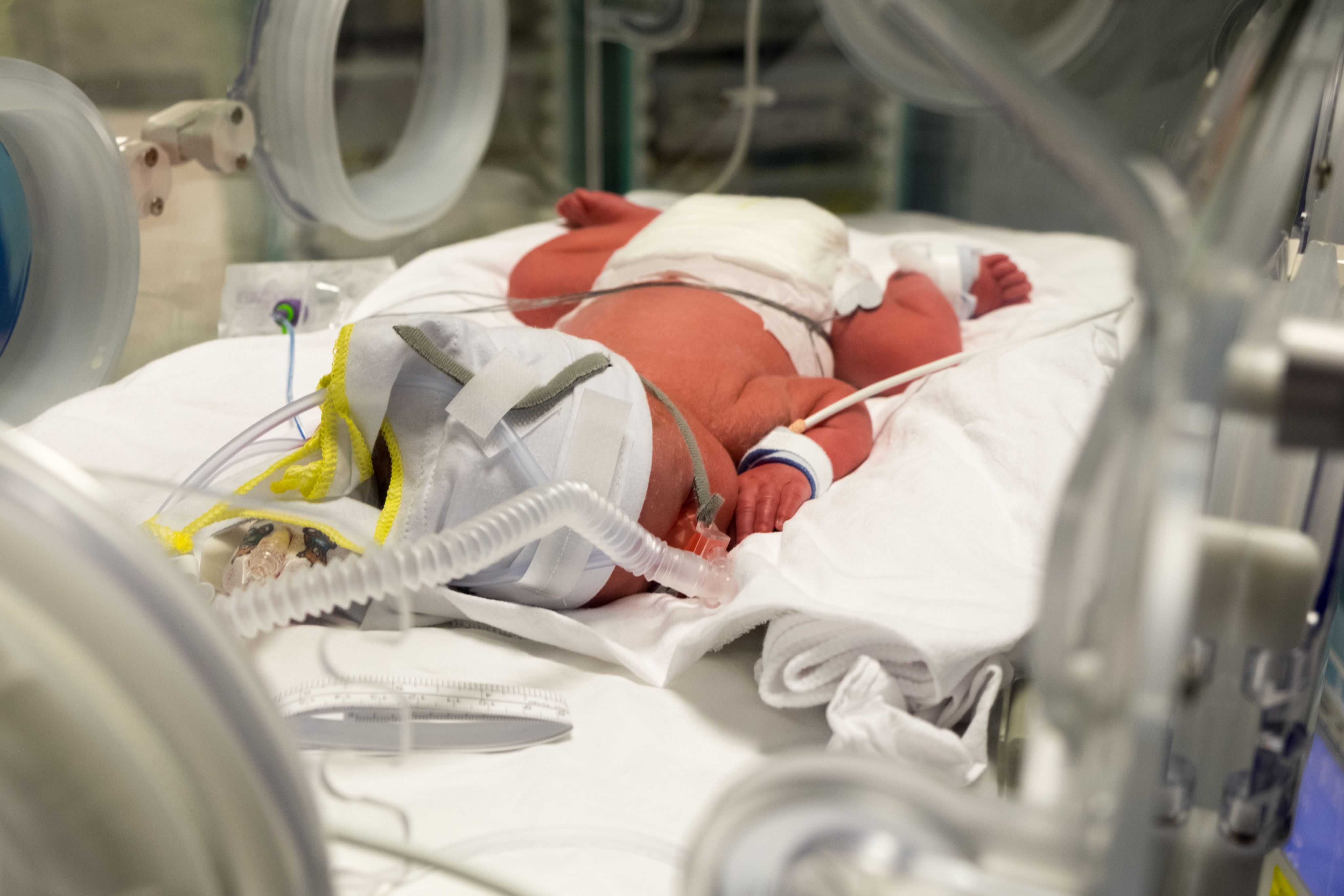
The Saving Babies' Lives Care Bundle , produced by NHS England, outlines a range of interventions aimed at identifying mothers at risk of preterm birth and improving outcomes for preterm babies.
While this guidance was generally welcomed by witnesses, we heard that the recommended interventions are delivered inconsistently; care may differ depending on where in the country a preterm baby is born.
“The guidelines are good, but we need to support implementation in all centres, of all sizes, all round the country, to make a real difference.”
Evidence to our inquiry suggested that a number of factors contribute to this variation, including a lack of protected time for staff to complete training.
We heard that maternal and neonatal networks, and wider use of targeted implementation programmes, could support quality improvement work.
The staff shortages that continue to exist across maternity and neonatal services must also be addressed.
The Government and NHS England must take further action to ensure the consistent implementation of clinical guidance relating to preterm birth. They must also meet the commitments to develop the maternity and neonatal workforce set out in the NHS Long-term Workforce Plan.
4. Enhancing support for preterm babies and their parents
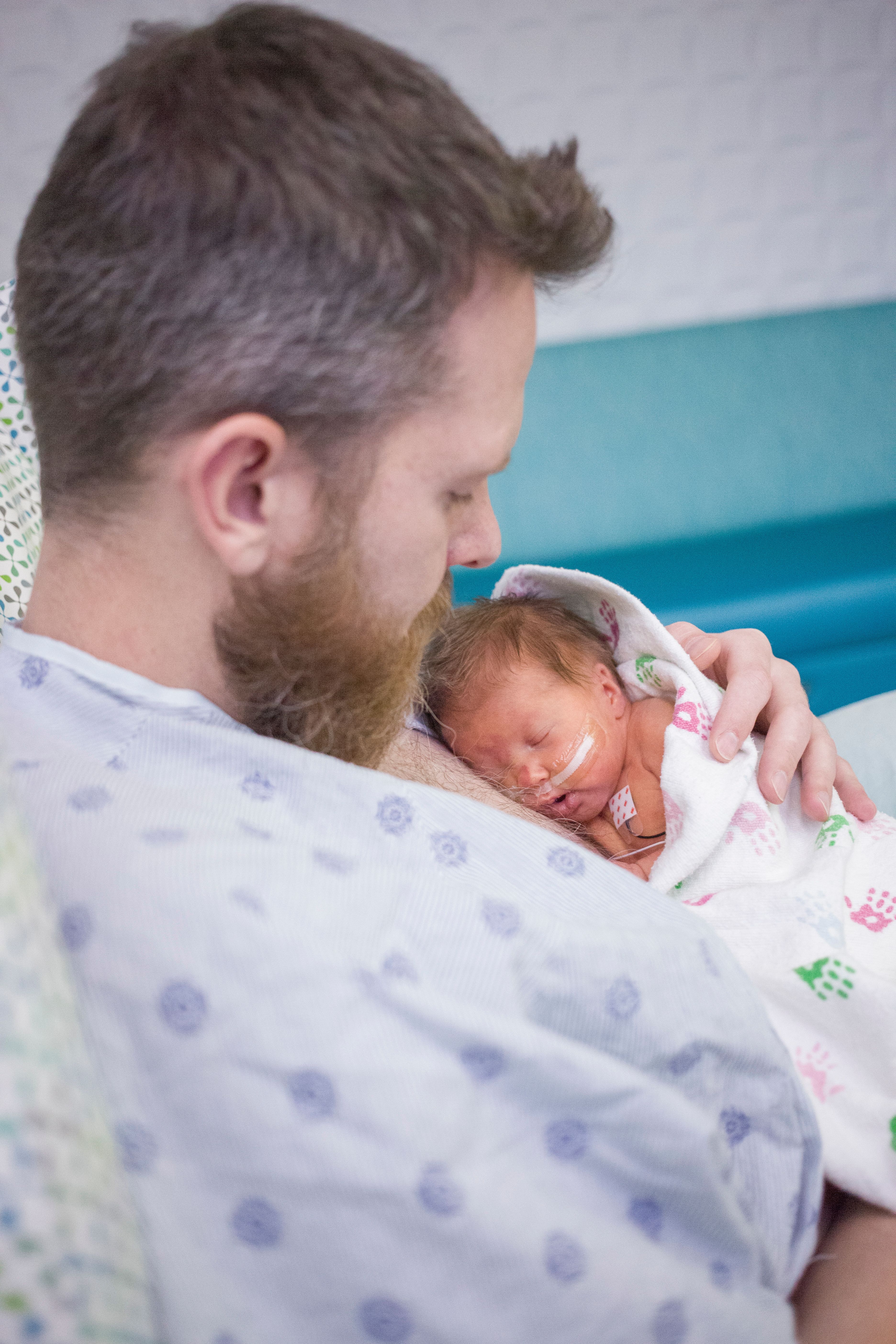
Family integrated care
Witnesses, including those with lived experience, consistently stressed the importance of enabling families to be involved fully in their baby’s care while on the neonatal unit.
Evidence shows that this leads to benefits including increased weight gain and improved motor development in babies, and reduced stress and anxiety for parents.
However, barriers to family integrated care continue to exist. We heard that the lack of overnight parental accommodation is a particular problem, despite prior undertakings from the NHS to invest in this area.
The Government and NHS England should set out their plans for future investment in parental accommodation on neonatal units, to support improved provision of family integrated care.
Care after discharge from hospital
“The journey that parents and children go through after premature birth does not end when they leave hospital and bring their baby home.”
Witnesses explained that the time following discharge home from hospital can be a difficult period of transition for families. However, parents report that community healthcare professionals, such as GPs and health visitors, are often unable to provide the informed care and advice they need.
In addition, children are not always receiving the neurodevelopmental follow-up assessments at ages two and four that are recommended for some preterm babies by the National Institute of Health and Care Excellence (NICE).
We heard, however, that these are essential in identifying additional support needs and opportunities for beneficial early intervention before children start school.
The Government and NHS England should work with training providers to ensure that health visitors have opportunities to develop specialist knowledge of the needs of preterm babies and their families.
They must also take swift action to determine why the follow-up assessments recommended by NICE are not being consistently delivered, and prioritise work to address this.
What happens next?
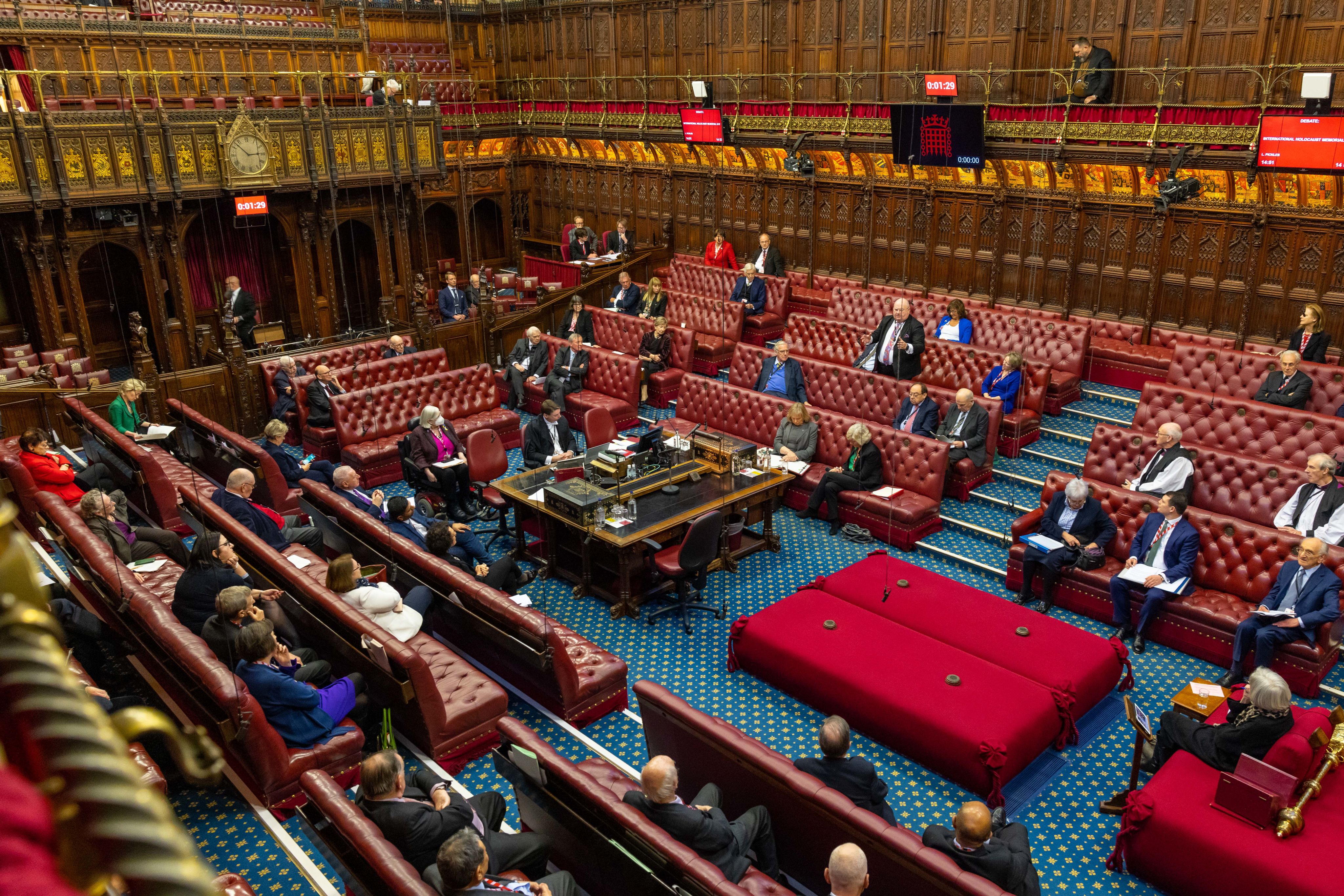
We have made our recommendations to the Government and it now has two months to respond to our report.
Read the full report on our website.
Our committee is a special inquiry committee for 2024.
Find out more about our inquiry and our committee.
Follow the committee @HLPretermBirth
We understand that the issues raised in this work may be sensitive or upsetting. The following organisations may be able to offer support or further information:
Bliss
Bliss provides support for parents and families of premature or sick babies.
Sands
Sands supports anyone affected by pregnancy loss or the death of a baby and offers a wide range of bereavement support.
Phone: 0808 164 3332
Tommy’s
Tommy’s provides a free information service about health in pregnancy, plus bereavement support for anyone who has experienced a pregnancy loss.
Phone: 0800 0147 800
Cover image: Steve Lovegrove - stock.adobe.com
